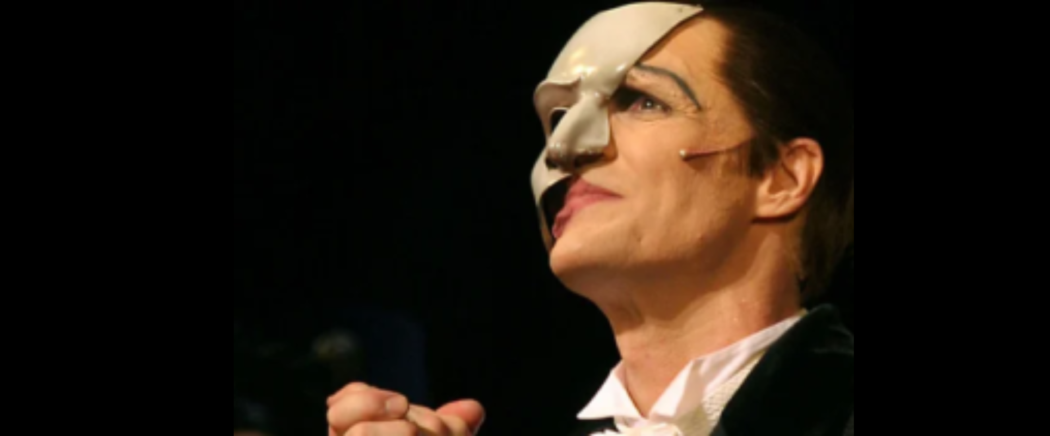I played the title role in “The Phantom of the Opera” in the long-running Broadway production for a record number of 2,544 performances, something I find even more staggering to contemplate with the passage of time. I can honestly say that, while physically exhausting, given the role’s considerable emotional and physical demands, I never grew tired of playing the part. I felt incredibly lucky to be part of that spectacular, glorious production helmed by the legendary director Harold Prince, with ingenious and lavish design by Maria Bjornson and of course, the sumptuous score by Andrew Lloyd Webber. All took great pride in maintaining every aspect of the show throughout its illustrious and long run.
I’ve often been asked what about this story and this character, whether in its original silent movie iteration or the modern day musical, has captured the imagination of countless audience members for the past 100 years. I suspect it’s partly due to the fact that we can all identify in some way with this tortured soul: We have all felt rejection and emotional hurt at some point in our lives, and have run up against the frailty and inadequacy of the human condition. Of course, the Phantom’s story is more extreme. He is a man who feels so completely reviled and shunned by society that he retreats to a place where he thinks no one can find him, nor touch his anguished heart. We feel his pain and isolation, the cruelty of an intolerant society, his fear of exposure. We wonder what horrible events have led to his self-imposed exile in the bowels of the Paris Opera House. His fateful (and deranged) decision to violently take what isn’t rightfully his seals his fate. His obsessive love for Christine Daaé leads to a tragic and terrible end. And we can’t help but wonder what might have intervened to prevent it.
Howard McGillin teaches in NYU Tisch’s New Studio on Broadway, and among his many Broadway appearances, he perhaps is best known for his record-setting performance in the title role of “The Phantom of the Opera.”
